Learn How to Treat Halitosis Effectively the Natural Way

Bad breath is one of the most well-known symptoms of halitosis. Some causes may be chronic gastritis, poor oral hygiene, excess tobacco smoking, coffee, or alcohol, among others.
Fifty percent of people with halitosis have it their entire lives. However, it’s most common in people over fifty years of age.
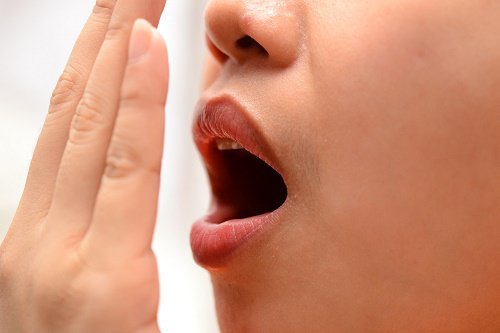
The majority of cases of halitosis originate in the mouth. This is due to a type of bacteria that the tongue generates. Sometimes, it’s the food in the crevices of the teeth that cause cavities, and at the same time these cavities cause bad breath.
In some cases, you can improve it by taking some measures such as:
- Cutting back on tobacco use.
- Reducing consumption of coffee.
- Drinking lots of water.
- Improving oral hygiene.
- Using mouth wash.
- Eating mint.
Meanwhile, treatments for illnesses such as chronic gastritis can also be helpful with halitosis.
Effective remedies to treat halitosis
Halitosis is known considered a personal problem, since it has to do with oral health of the individual. Sometimes, bad breath can cause an uncomfortable situation. It can ruin a date or a first impression.
In nature, there are endless natural treatments for this type of condition. Today, we’ll give you some suggestions to fight his problem. You only need a bit of willingness to try this recipe, since these household ingredients are easy and inexpensive.
Some effective ingredients are:
Baking soda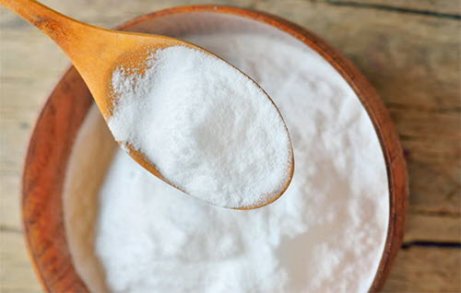
Baking soda is easy to find at home or in a local supermarket. It has antioxidant components that help to eliminate bacteria (in this case, those that cause bad odors).
Ingredients
- •1 cup of water (8 oz.)
- 1 tablespoon of baking soda
Instructions
- Stir both ingredients together.
- Without swallowing, rinse out your mouth with it.
You can use this remedy in the mornings or before going to bed.
See this article: Baking Soda for Weight Loss
Mint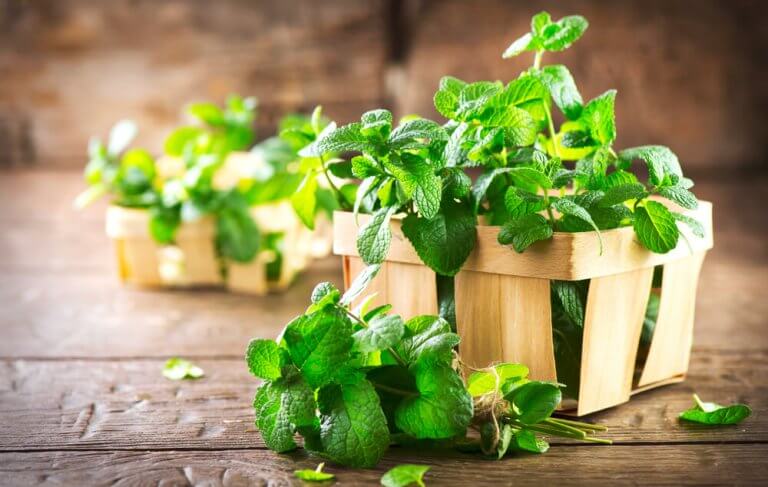
Mint is a plant that’s used in the field of traditional medicine because of its refreshing and anti-inflammatory components. These help to combat various problems. You can chew a couple of leaves for a few minutes or prepare an infusion.
Ingredients
- 1 cup of water (8 oz.)
- 3 mint leaves
Instructions
- Put 3 mint leaves in a cup and add boiling water.
- Mix well and steep it for 5 minutes.
- Drink after each meal.
Clove and parsley infusion
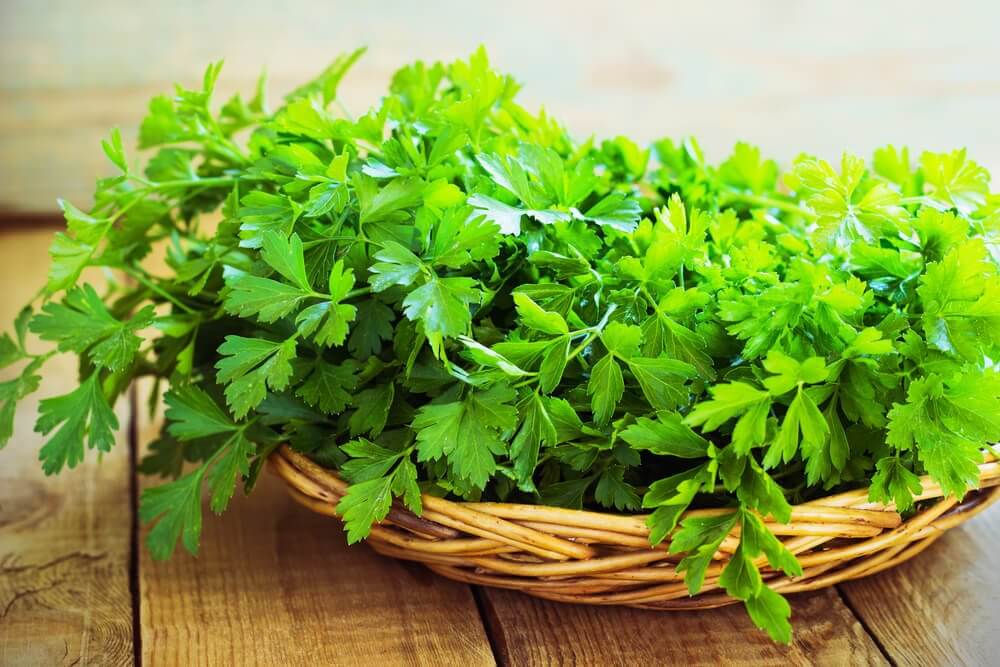
Thanks to the aromatic properties that these herbs possess, they help to fight bad breath.
Ingredients
- 1 cup of water
- 4 or 5 cloves
- 1 sprig of parsley
Instructions
- Boil the water.
- Add the parsley and cloves.
- Cover and let steep for a few minutes.
- When cold, use as a mouth wash.
- Use after each meal.
Eucalyptus Infusion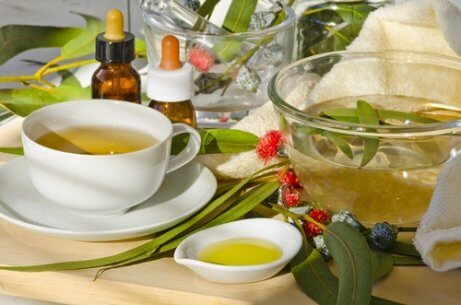
Eucalyptus is a plant with aromatic properties. In addition, it has antioxidant properties that help to eliminate bacteria.
Ingredients
- 2 cups of water (16 ox.)
- 4 eucalyptus leaves
Instructions
- Boil the water.
- Add the eucalyptus leaves when the water comes to a boil
- Strain and serve.
- Use after each meal.
Also read: Benefits of Eucalyptus for Our Health
Carrot juice for halitosis

Ingredients
- 2 carrots
- 1 pepper
- 2 spinach leaves
- 1 cup of water (8 oz.)
- 1 tablespoon of honey
Instructions
- Wash and slice carrots.
- Put in a blender with the water and honey.
- Blend and strain.
This remedy will help produce more saliva, which is fundamental in the digestion process. It aids in breaking down food and helps food to be consumed more easily. Lack of sufficient saliva causes the remains of food to generate plaque and bacteria on the tongue, which generates halitosis.
Try these natural remedies and we know you’ll help eliminate bad breath and the embarrassment of it.
All cited sources were thoroughly reviewed by our team to ensure their quality, reliability, currency, and validity. The bibliography of this article was considered reliable and of academic or scientific accuracy.
- Bahadır Uğur Aylıkcı, Hakan Çolak”, “Halitosis: From diagnosis to management”, J Nat Sci Biol Med. 2013 Jan-Jun; 4(1): 14–23.
- Crispian Scully et al. “Halitosis”, BMJ Clin Evid. 2008; 2008: 1305.
- Elen de Souza TOLENTINO et al. “Saliva and tongue coating pH before and after use of mouthwashes and relationship with parameters of halitosis”, J Appl Oral Sci. 2011 Mar-Apr; 19(2): 90–94.
- Clínica Mayo. Mal aliento. (2018). Recuperado el 16 de mayo de 2020. https://www.mayoclinic.org/es-es/diseases-conditions/bad-breath/symptoms-causes/syc-20350922
This text is provided for informational purposes only and does not replace consultation with a professional. If in doubt, consult your specialist.








